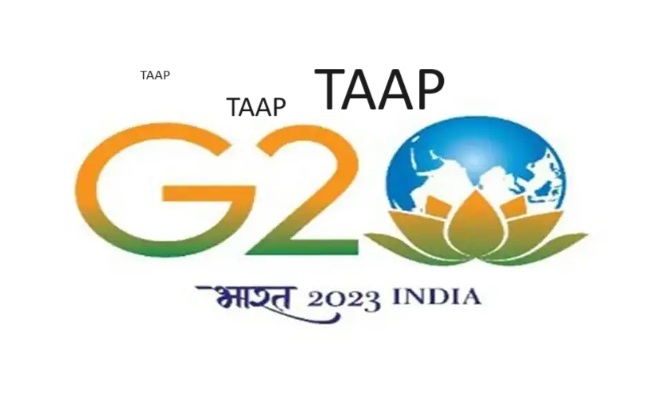The G20 Technical Assistance Action Plan (TAAP) is a program aimed at building capacity for sustainable finance tailored to local needs while safeguarding small and medium-sized enterprises (SMEs)
The initiative focuses on the following key areas:
Sustainable Finance: TAAP aims to expand the scope of sustainable finance beyond climate to encompass all Sustainable Development Goals (SDGs)
Blended Finance: The program highlights key principles to enhance the effectiveness of blended finance, which is a way to channel concessional finance, by avoiding market distortion due to subsidies and ensuring coherence with national priorities
Mobilizing Finance for Climate Action: TAAP seeks to mobilize finance for climate action by attracting resources, involving Multilateral Development Banks, and supporting low-income and developing countries in implementing the 2030 Agenda according to their national priorities
Global Public Goods: The initiative aims to enable the provision of global public goods, which are essential for achieving sustainable development outcomes
Policy Coherence: By taking an integrated approach and further aligning the G20’s work program with the 2030 Agenda, the G20 aims to strengthen policy coherence and make the strongest possible contribution to the 2030 Agenda across all three dimensions of sustainable development
Each G20 presidency sets priority areas to advance this multi-year Action Plan, and G20 Sherpas, working with Finance Deputies, provide leadership and strategic guidance, ensuring coordination across work streams and dialogue between working groups
The G20 Technical Assistance Action Plan (TAAP) focuses on various sectors and themes related to sustainable development, including:
Infrastructure: The G20 encourages new investments in sustainable infrastructure, which can have spillover impacts on economic growth, poverty alleviation, and combating climate change.
Agriculture, Food Security, and Nutrition: The G20 aims to end hunger, poverty, and all forms of malnutrition, implement plans and programs regarding the agriculture-related SDGs while paying attention to the needs of smallholder farmers and women.
Human Resource Development and Employment: The G20 aims to promote decent work and inclusive growth, support skills development, and enhance the employability of youth and women.
Financial Inclusion and Remittances: The G20 aims to promote financial inclusion, enhance access to finance, and reduce the cost of remittances.
Domestic Resource Mobilization: The G20 aims to support countries in mobilizing domestic resources, including through tax systems, to finance sustainable development.
Industrialization: The G20 aims to support industrialization in developing countries, including through infrastructure development, technology transfer, and capacity building.
Energy: The G20 aims to promote access to affordable, reliable, sustainable, and modern energy for all, including through renewable energy and energy efficiency.
Trade and Investment: The G20 aims to promote open, transparent, and inclusive trade and investment policies that support sustainable development.
Anti-Corruption: The G20 aims to combat corruption and promote transparency, accountability, and integrity in public and private sectors.
Climate Finance and Green Finance: The G20 aims to mobilize finance for climate action and promote green finance, including through the development of green bonds and other innovative financial instruments.
These are some of the specific actions included in the G20 Technical Assistance Action Plan for sectors and themes related to sustainable development.




